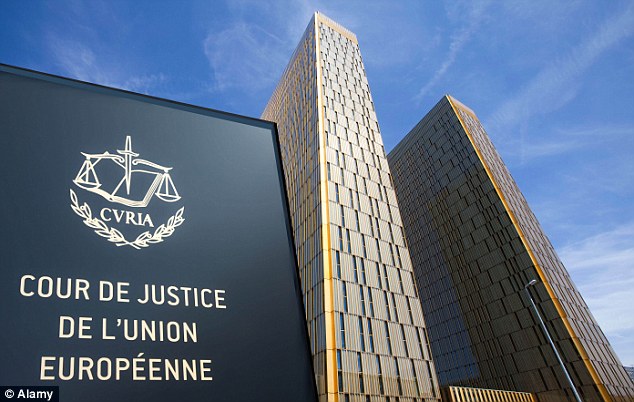After Polish Case, CJEU Rules to Protect Self-employed Workers based on Sexual Orientation

With EC infringement procedure against Poland still outstanding, the Court of Justice of the European Union (CJEU) has ruled that sexual orientation cannot be a reason to refuse or conclude a contract with a self-employed worker.
In December 2017, a self-employed worker and his partner published a music video on YouTube aimed at promoting tolerance towards same-sex couples. Shortly after the video went public, the worker’s shifts were unilaterally cancelled by his employer, Poland’s public television channel. Subsequently, no new contract for specific work was concluded with him.
For seven years up to release of the video, the freelancer had prepared audiovisual material for TP, a company that operates a nationwide public television channel in Poland. Considering himself to be a victim of direct discrimination based on his sexual orientation, the worker brought an action for compensation before the District Court of Warsaw.
The District Court sought guidance from the CJEU, wanting to know whether the EU Directive 2000/78 on equal treatment in employment and occupational activities precludes Poland’s national legislation. That legislation allows an employer not to conclude or renew a contract with a self-employed worker, based on that person’s sexual orientation, on the basis of the freedom of choice.
The EU Directive 2000/78, which covers a wide range of occupational activities, establishes a general framework for combatting discrimination based on sexual orientation. Therefore, the court was tasked with deciding whether the situation the self-employed worker found himself in fell under the directive.
In its judgement delivered today, the CJEU holds that the Directive 2000/78 must be construed broadly, covering the access to any occupational activity, even if the worker is self-employed under contract with an employer.
The Court noted that the directive seeks to eliminate, on grounds relating to social and public interest, all discriminatory obstacles to access to livelihoods and to the capacity to contribute to society through work, irrespective of the legal form in which it is provided.
According to ILGA-Europe’s Head of Litigation, Arpi Avetisyan, “Today’s judgement is another important step forward in strengthening the protection against discrimination in the workplace. The judgement clarifies that EU law protects from discrimination based on sexual orientation also for self-employed and thus reinforces the protection against discrimination equally for the self-employed across the EU. The judgement is especially crucial for LGBTI people in those municipalities in Poland which still have anti-LGBTI resolutions or family charters in place. We hope that Polish authorities will take the necessary steps to implement this judgement swiftly and make it a reality.”
In the summer of 2021, the European Commission (EC) announced infringement procedures against Poland and Hungary for the violation of fundamental rights of LGBTI people and non-cooperation on the matter. While the Hungarian case has been forwarded to the CJEU, the Polish case, despite theoretically being on the same institutional timeline, has not been brought to the CJEU yet, and no up-date is available at this moment of time.
“For years now, we have been observing some EU member states consistently testing EU democracy and the protection of the rule of law and fundamental rights. The infringement procedures sent a clear signal that enough is enough, and the EC needs to see it through.”
Katrin Hugendubel, Advocacy Director, IlGA-Europe
According to ILGA-Europe’s Advocacy Director, Katrin Hugendubel: “In opening infringement procedures, the EC finally clearly stated that the Polish government is violating fundamental rights and that the EC cannot tolerate such violation and the unwillingness of the government to engage in sincere cooperation.
“Even if a few regions have withdrawn the so-called ‘LGBT free zone’ declarations, the discriminatory declarations still prevail on municipal, local and also regional levels. In order not to lose credibility, the EC needs to follow through the infringement procedure and to ensure that all such discriminatory resolutions are repealed.
“For years now, we have been observing some EU member states consistently testing EU democracy and the protection of the rule of law and fundamental rights. The infringement procedures sent a clear signal that enough is enough, and the EC needs to see it through.”